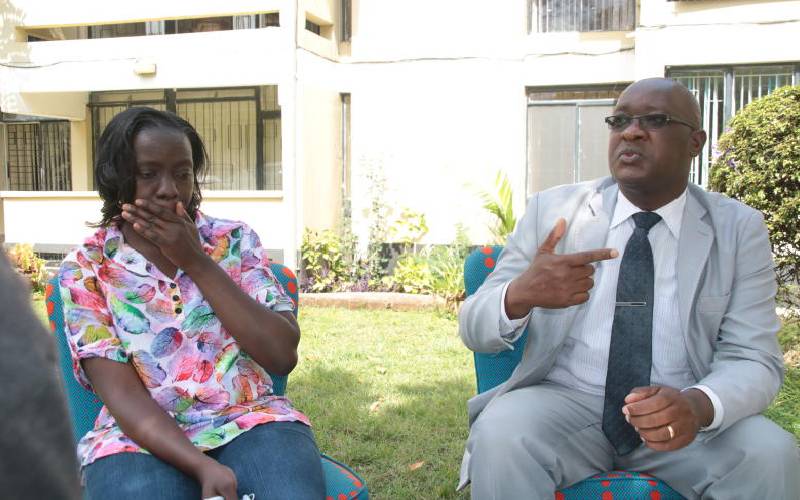×
The Standard e-Paper
Smart Minds Choose Us

Elizabeth Apondi and her husband David Wanjala lost their unborn child during pregnancy. [David Gichuru, Standard]
There are endless reasons many marriages go south: for instance when there’s too much money or too little of it. Interference from in-laws. ‘Advice’ from chama friends. Unrealistic expectations. Domestic violence. Marrying for wrong reasons. Disrespect. Discovering secrets, like sorcery in the family or secret families. Meeting at a nightclub only for one partner to get saved. All these are deal-breakers.